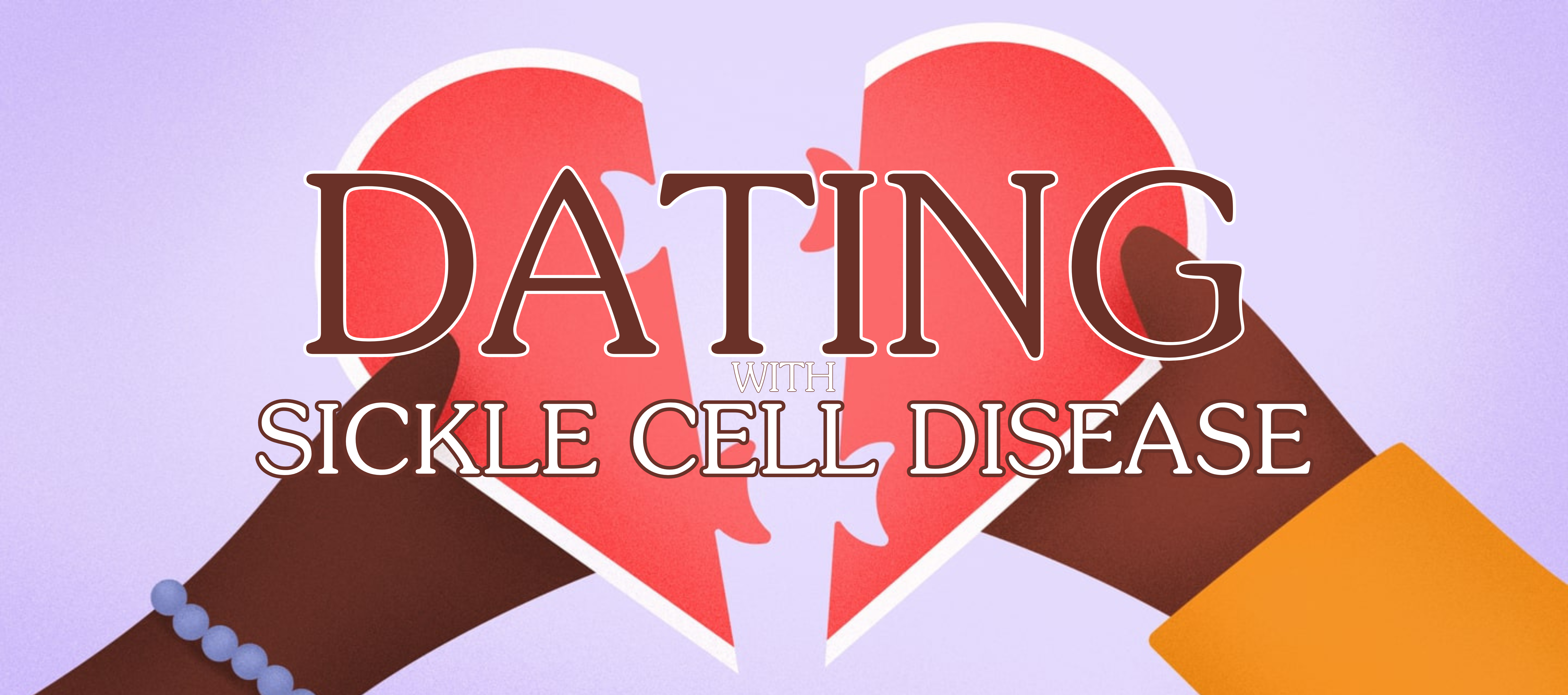Dating with Sickle Cell Disease
Our lives have become increasingly digital, including the way we find love and connect with others. Nowadays, social media and dating apps have become a common and accepted way to meet potential romantic partners.
On social media platforms and dating apps, people create profiles that highlight their best qualities. These profiles can reveal a person’s interests, hobbies, values, and sense of humor. By carefully selecting photos and crafting personalized captions, a person can portray themselves in an attractive light to draw in like-minded individuals.
But for those with sickle cell disease, it can be a bit difficult to disclose to potential suitors their condition. Sickle cell is a genetic disease that affects the red blood cells in the body. Important organs, like the bones, brain, heart, and kidneys, which need a constant blood supply, can be damaged by sickle cells that do not move through the body as easily as normal cells. Sickle cell, however, is not just a medical condition—it impacts a person’s everyday life; managing pain episodes, potential complications, and the need for regular medical care are just a few of the many challenges individuals with sickle cell disease face. Understanding its inheritance is key: if one parent has sickle cell disease and the other does not, their children will have the sickle cell trait, but if both parents have the sickle cell trait, there’s a 25% chance that their child will have sickle cell disease.
Some people may be hesitant to disclose their sickle cell condition to potential partners, perhaps due to concerns about how they might be perceived or fears of being judged. However, as relationships progress and trust deepen, they come to realize the importance of honesty and transparency. Not disclosing this information not only denies their partners the opportunity to offer support and understanding but could lead to misunderstandings or complications down the line. By fostering open communication from the beginning, individuals with sickle cells can cultivate relationships built on trust and empathy.
Here are some tips on when and how to disclose to potential suitors that you have sickle cell disease.
When to disclose
Discussing your condition in the beginning stages of dating can give potential suitors an opportunity to decide if they are open to an intimate relationship. Some people may not want to date someone with sickle cell disease, and that is completely OK. It isn’t a reflection of you or implies that you are unworthy of love. But by disclosing your condition early on, it can be easier to foster an open and communicative relationship or move on before feelings develop.
How to disclose
If you want to develop a relationship, it is important to be open and honest about your condition. Withholding information can lead to miscommunication and trust issues. Though it is ultimately a personal decision whether to disclose your health status, disclosure gives potential suitors insight into who you are as a person and helps them decide whether it is something they can support you with.

